Modern parameters for a conversation

I recently began conversing with someone from my past whose politics are different from mine, via text. We'd reconnected recently and have been going back and forth on things benign, and also less so: like the insurrection and whether the election was stolen. We disagree but this person said they enjoyed the banter. The chat itself is exactly what the Truth in Common initiative promotes; plus I like connecting with people.
Also: I got mad.
I had shared a video about how the insurrection was organized, from the January 6 Committee. This person had already made some skeptical remarks about the committee's agenda so I shared something that was focused more on the social media and extremist elements than the partisan ones.
But it wasn't that. What triggered me was the person suggesting that we will soon find out that the lies about the election being stolen weren't lies after all.
I felt anger at this because I thought this was a reasonable person. Upon reflection, I realized I was defining "reasonable person" as someone who I assumed would not have bought into the story that the election was stolen.
Which is pretty subjective, isn't it.
Other things that factored into my reaction was that the person had said several things that to me seemed like talking points from Fox, whose repetition of ideas by opinion commentators is legendary and very effective in influencing folks' perspectives.
There were also claims of having insider information. These were actually individuals who would have legit knowledge – but I still rationalized by thinking well that's just one person, with one opinion. Which is both true AND a subtle way to discredit, I think.
Can you see how the way I view information sources combined with my pre-existing perspective helped influence my reaction?
Emotion happens.
In the Truth in Common workshops we learn an important thing:
That our emotions and identities play a significant role when we share information -- including falsehoods -- and talk across difference.
I'm sharing this story as an example of that (while taking steps to protect the confidentiality of the other party.)
What I think I did well, and not so well.
On the bright side, I named the emotion. I said I was mad and needed to take a moment. When they called I said I wouldn't be able to pick up the phone just now. I also said I'd get over it and would like to continue the conversation.
On the less-bright side, I spewed a bit.
I sent some thoughts about threats to our democracy, then I shared that I had some parameters if we were to continue to talk:
- I said I can continue if they honor my expertise like I've honored theirs.
- I said I don't have all the answers by any stretch but do know the media landscape pretty well, due to my work.
- I said that they may well have info that I don't. And that I'll continue to ask for sources when I see things that are questionable to me.
- I invited the person to put what they viewed as my politics aside, that my agenda is truth and holding power to account, and that's it.
I said I'd read what they shared, if they read what I shared.
This to me is the key part.
Over the top? You decide, but I'm happy I said all this because . . .
In the end, it was OK.
This person was good with it. Happy even. They're a person who likes people and values integrity, and remember that we'd been chatting for awhile. We'd also met for coffee not too long ago, in person.
They said they wanted to continue to chat for three reasons:
1. We go way back
2. They respected my approach and energy in fighting for justice
3. They learned something and liked keeping an open mind.
THIS IS IT people. A decent outcome from a disagreement so the conversation can continue. Preachy tone aside, I stuck with "I" statements and explained what was happening with me and what I needed to proceed, rather than going on the attack.
And as a neighbor once reminded me, millions of Americans think the 2020 election was stolen. We have to deal with that, not try to sweep it under the rug.
Some takeaways
Plenty of folks are up for an exchange like this. You can find them without even looking, trust me.
The conversations, across difference, are possible if there are threads of respect throughout. And if the tenets of a trusting relationship – empathy, authenticity and logic – are present (more on that soon). Meeting in person helps too!
Keep this in mind:
- You probably won't change anyone's minds about current events.
- You may spark a shred of skepticism on the other's part, which is good.
- You'll quite likely debunk one or two terrible things people are saying about folks "on the other side" (i.e., you).
- You'll definitely build connections, earn respect and enrich your life.
In today's polarized society, that's a major win in my view.
And guess what? Texting isn't lame for things this. On the contrary: It crosses the miles and gives you a moment to think – and check your emotions, if necessary – before responding. Try it. (And definitely adjust your settings so you can get texts on your computer! My fingers would have been pretty sore from this back-and-forth otherwise.)
What do you think? Would love to hear a story of your own. Please share when you're ready.

